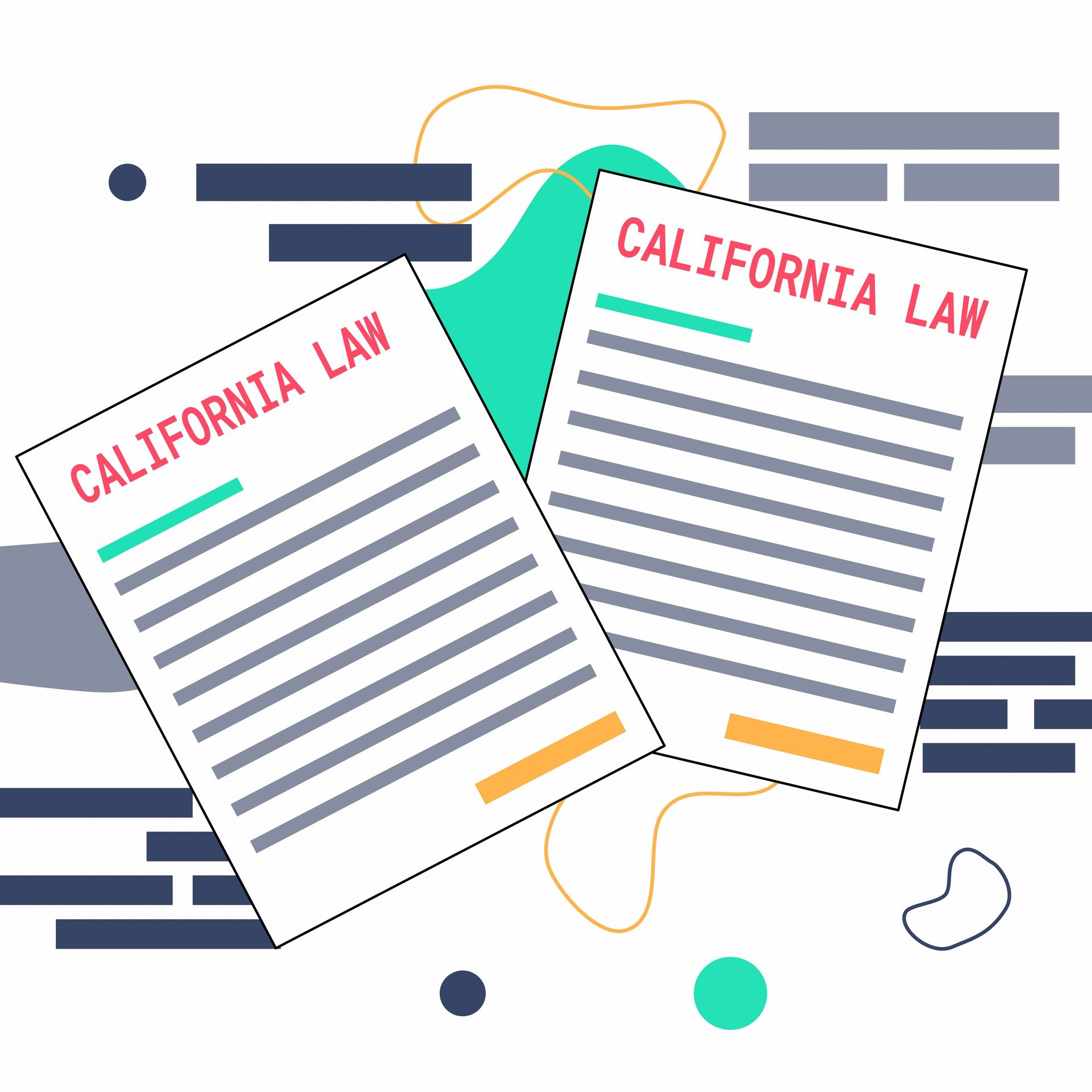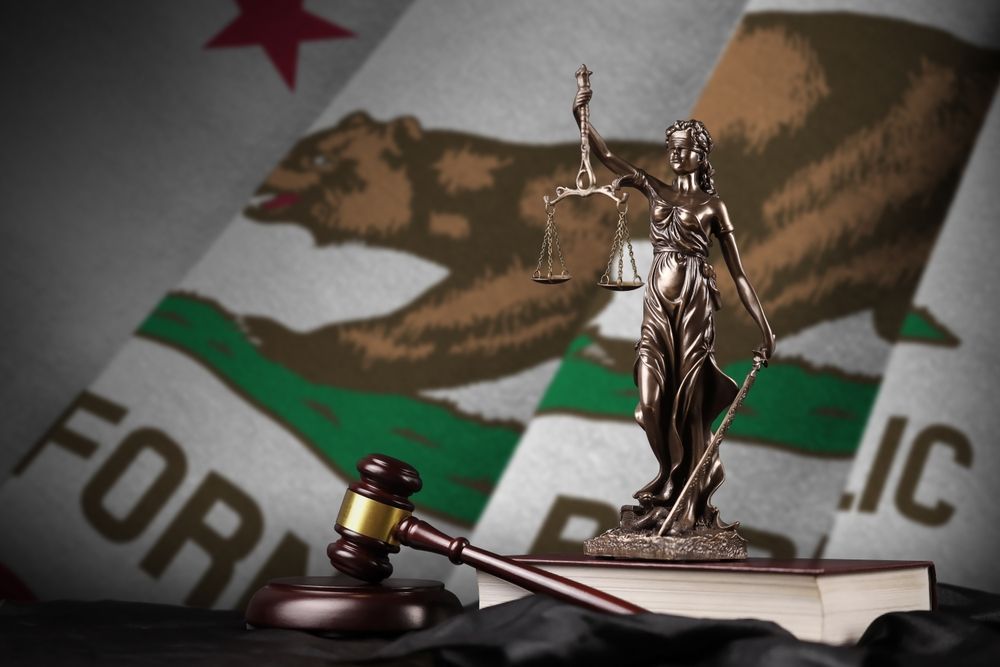
Without background checks, employers would be at a tremendous disadvantage in making hiring decisions. They’re critical, and companies need them to protect their assets, reputation and their other employees.
In California, there are strict regulations about what a consumer reporting agency may provide an employer and what an employer may do with this information.
Here are some specifics that every CRA and employer needs to know, not only to act within California law but also to make the best use of background checks and to have realistic expectations about what they will accomplish.
California DOB Redaction Information
Date of birth may no longer be used to identify criminal defendants in California public records. This is due to a 2021 decision, All of Us or None – Riverside Chapter vs. W. Samuel Herrick. Since this decision, California Superior Courts have removed DOB as a search field in online portals and on public access terminals in courthouses. Driver's license number has also been redacted from these publicly searchable databases.
This restriction has a serious impact on California criminal background checks. Now the individual’s name is often the only identifier that can be used to search, and most names are not unique and cannot accurately identify a person. An in-person visit to a county courthouse may be required to confirm identities.
Reporting agencies and some employers have pushed for legislative action to reverse this situation, but a bill that would have done so was vetoed in September 2022. These parties continue to advocate for a legislative solution.
What Shows Up on a California Background Check?
California background checks may include checks of criminal history, civil court cases, education verification, employment verification, driving records, credit checks and health care sanctions.
- A criminal background check will possibly show convictions for felonies and misdemeanors. In addition, it could turn up active warrants and pending criminal cases. There might also be a record of adult incarcerations and whether the person is a registered sex offender. Reports are not allowed to show any arrest, indictment, misdemeanor complaint or trial that did not result in a conviction. Also, convictions more than seven years old may not be listed.
- Civil court records may show any legal history not related to criminal activity. This could include restraining orders, lawsuits, tax claims and other civil actions.
- Employment verification may show employers, dates of current and past employment and job titles.
- Education verification will possibly reveal educational institutions, dates attended, degrees awarded and any professional licensing status.
- Driving records may include licenses, driver’s license classes, moving violations, license suspensions, license restrictions, accident reports and misdemeanor and felony convictions related to driving.
- A credit report might show the candidate’s credit and payment history, any bankruptcies and any accounts turned over to a collection agency. State law is strict about employers’ use of credit reports, allowing them only for certain positions and roles.
- Healthcare sanctions checks apply only to healthcare professionals. They may show penalties, suspensions and other disciplinary actions related to healthcare workers’ actions in their jobs.
A California employer must be aware that not every report can be ordered for every job candidate in all circumstances. State law specifies which reports may and may not be used.
California Background Check Laws Employers Must Know
State law governs the use of criminal background checks and credit checks. Some localities have their own laws that are stricter than state law.
When an employer orders a credit report on a job candidate, they must follow several steps. They must tell the applicant that a credit report will be used in the hiring decision. They are required to give the candidate the name and address of the CRA that will be conducting the check and issuing the report. They must provide a copy of the report, without charge, to the candidate, at the time it’s delivered to the employer.
Here are some specific laws that California employers must know and observe.
FCRA
California employers are required to comply with the federal Fair Credit Reporting Act (FCRA). That legislation requires that the employer provide a written disclosure concerning the screening process and obtain written consent from the applicant before even beginning the background search. The employer must provide the candidate with the information from the search. If the candidate is not hired due to the report, the employer must follow the adverse action process and explain why the adverse decision was made. Failure to do so leaves the employer open to a lawsuit.
CCRAA
California has its own regulation, the California Consumer Credit Reporting Agencies Act (CCRAA). It limits the situations in which an employer may order a credit report on a candidate or on someone who is already an employee. Employers must have a legitimate business need to see a credit report, and the CCRAA spells out what constitutes such a need. The report must be necessary to evaluate a candidate for hiring or an employee for promotion, retention or reassignment. The employer must not only provide written notice to the individual that it is ordering the report. They must also name the specific basis, or legitimate business need, for running the report.
Credit reports are not allowed for most employees. There is a restrictive list of the jobs for which a company may order this report. They are:
- Jobs at the California Department of Justice.
- Management positions.
- Certain positions for which a credit check is required by law.
- Jobs in which the employee will have access to proprietary information or trade secrets.
- Jobs in which the employee will have regular access to cash of $10,000 or more.
- Jobs in which the employee will have access to personal client information such as bank account information, credit card information, DOBs or social security numbers.
- Jobs in which the employee can sign for the employer’s bank or credit card accounts or can authorize money transfers or commit the employer to financial contracts.
Investigative Consumer Reporting Agencies Act (ICRAA)
The ICRAA limits what criminal information a CRA may provide in a background report. They may not report convictions more than seven years old or any sealed, expunged or dismissed convictions. They may not report charges and arrests that resulted in non-convictions. These restrictions generally apply to all candidates, regardless of the position or salary.
A wholesale screening service with a deep knowledge of state and local laws can help CRAs and employers be confident that they’re acting within the law. Eagle Eye Screening Solutions is integrated with companies like Deverus, Digital Delve, Accio Data, Tazworks, and can integrate any proprietary software system with court runners that visit all 58 California counties to verify a full DOB.
Contact Eagle Eye Screening Solutions today for trusted and accurate information regarding compliant searches.




